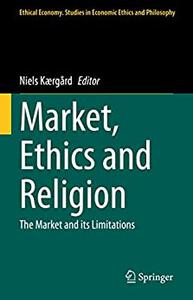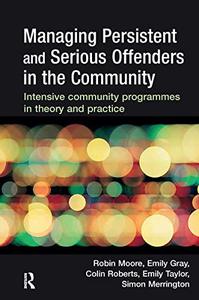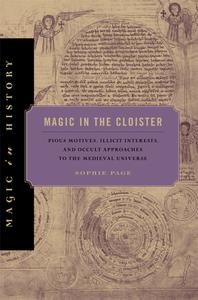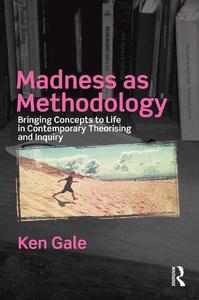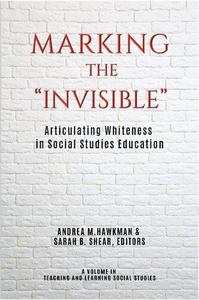 Marking the "Invisible": Articulating Whiteness in Social Studies Education By Andrea M. Hawkman (editor), Sarah B. Shear (editor)
Marking the "Invisible": Articulating Whiteness in Social Studies Education By Andrea M. Hawkman (editor), Sarah B. Shear (editor)2020 | 786 Pages | ISBN: 1641139935 | PDF | 26 MB
Substantial research has been put forth calling for the field of social studies education to engage in work dealing with the influence of race and racism within education and society (Branch, 2003; Chandler, 2015; Chandler & Hawley, 2017; Husband, 2010; King & Chandler, 2016; Ladson-Billings, 2003; Ooka Pang, Rivera & Gillette, 1998). Previous contributions have examined the presence and influence of race/ism within the field of social studies teaching and research (e.g. Chandler, 2015, Chandler & Hawley, 2017; Ladson-Billings, 2003; Woyshner & Bohan, 2012). In order to challenge the presence of racism within social studies, research must attend to the control that whiteness and white supremacy maintain within the field. This edited volume builds from these previous works to take on whiteness and white supremacy directly in social studies education. In Marking the "Invisible", editors assemble original contributions from scholars working to expose whiteness and disrupt white supremacy in the field of social studies education. We argue for an articulation of whiteness within the field of social studies education in pursuit of directly challenging its influences on teaching, learning, and research. Across 27 chapters, authors call out the strategies deployed by white supremacy and acknowledge the depths by which it is used to control, manipulate, confine, and define identities, communities, citizenships, and historical narratives. This edited volume promotes the reshaping of social studies education to: support the histories, experiences, and lives of Students and Teachers of Color, challenge settler colonialism and color-evasiveness, develop racial literacy, and promote justice-oriented teaching and learning. Praise for Marking the "Invisible" "As the theorization of race and racism continues to gain traction in social studies education, this volume offers a much-needed foundational grounding for the field. From the foreword to the epilogue, Marking the "Invisible" foregrounds conversations of whiteness in notions of supremacy, dominance, and rage. The chapters offer an opportunity for social studies educators to position critical theories of race such as critical race theory, intersectionality, and settler colonialism at the forefront of critical examinations of whiteness. Any social studies educator -researcher concerned with the theorization or teaching of race should engage with this text in their work." Christopher L. Busey, University of Florida



